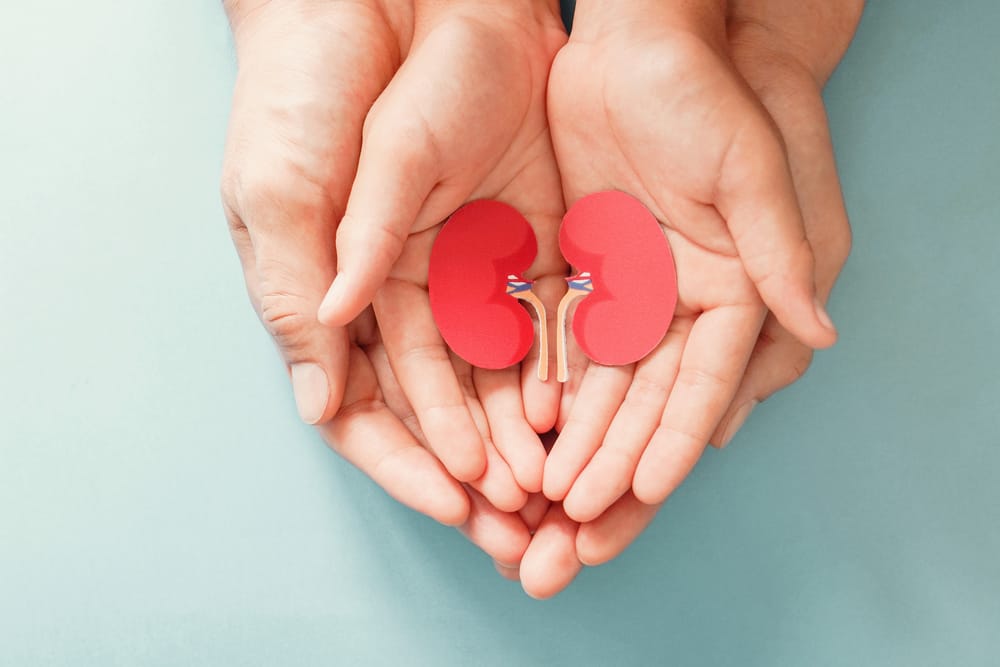Parenting
All You Need To Know About Urinary Tract Infections In Kids
If you’ve ever experienced a UTI (urinary tract infection) or frequently referred to as a water infection, you understand the discomfort and severity associated with it. It’s crucial to recognize the symptoms of UTIs in children, be knowledgeable about their treatment, and take preventive measures to avoid recurrence.
To delve deeper into the topic of UTIs in children, covering the reasons, symptoms, treatment, and prevention, we consulted with Dr. Sanjeev Kalia, a General Practitioner from the NHS, to receive expert insights.
What Triggers UTIs in Children?
The majority of infections stem from bacteria originating in the gastrointestinal tract that reach the urinary tract. Escherichia coli (E. coli) bacteria, commonly found in the colon, are the primary culprit. These bacteria can enter the urinary tract when a child wipes from back to front.
Indications of UTIs in Kids
When it comes to age, it significantly influences a child’s ability to convey sources of pain or discomfort. Symptoms of a UTI in children may encompass:
• Discomfort or burning sensation during urination (dysuria)
• Increased frequency of urination
• Enhanced urination frequency at night (nocturia)
• Sudden or urgent need to urinate more frequently than usual
• Cloudy urine
• Presence of blood in urine
• Lower abdominal pain or pain in the back, just below the ribs
• High temperature or feeling feverish and chills
• Extremely low temperature below 36C
• Dark or odorous urine in infants. If this is their solitary symptom, it could be due to inadequate fluid intake.
Younger children with UTIs may also:
• Exhibit a high temperature – your child feels hotter than usual when touched on the neck, back, or abdomen
• General malaise – infants and young children may appear irritable, have feeding difficulties, or refuse food
• Bedwetting or involuntary urination
• Vomiting
What Could Lead to Recurrent UTIs in Children?
Repeated occurrences can arise due to inadequate hygiene practices, such as improper cleaning after urination – like wiping from back to front or experiencing bouts of constipation.
Detecting a Bladder Issue in Your Child
Children can display diverse symptoms, ranging from bedwetting to struggles in retaining urine or discomfort when urinating. If you have concerns, consult your GP.
Which Antibiotics are Prescribed for a Child’s UTI and How Long for Results?
Usual antibiotic treatments include trimethoprim and amoxicillin, often exhibiting immediate effectiveness. The dosage and duration of the courses may vary based on the child’s age and gender.
Can Antibiotics for a Child’s UTI be Obtained from a Pharmacy or Should a Doctor be Consulted?
It is necessary to seek advice from a qualified physician for children to ensure thorough evaluation. Pharmacies can dispense UTI treatments, but these are exclusively for adults.
Can a Child’s UTI Resolve on Its Own?
While self-resolution is plausible, antibiotics are typically needed. If left untreated, UTIs can rapidly progress, causing severe illness in a child.
How can you manage a child’s urinary tract infection at home?
Ensure sufficient hydration and consistent pain relief to alleviate discomfort. Commence antibiotics promptly and ensure the full course is completed. Prematurely discontinuing antibiotic treatment can lead to antibiotic resistance and exacerbation of symptoms.
What are the potential risks of urinary tract infections in children?
Urinary tract infections can seriously affect children, causing dehydration and even posing a risk of sepsis, a life-threatening condition that can impact multiple organs. Additionally, they can result in long-term kidney damage.
What are the various forms of urinary tract infections that children can experience?
Urinary tract infections can manifest as lower urinary tract infections affecting the genital area and upper urinary tract infections targeting the kidneys.
How can you prevent your child from developing a urinary tract infection?
• Ensure your child consumes an ample amount of fluids.
• Instruct your child to completely empty their bladder when urinating.
• Educate girls to wipe from front to back after using the restroom.
• Prevent constipation in your child.

















